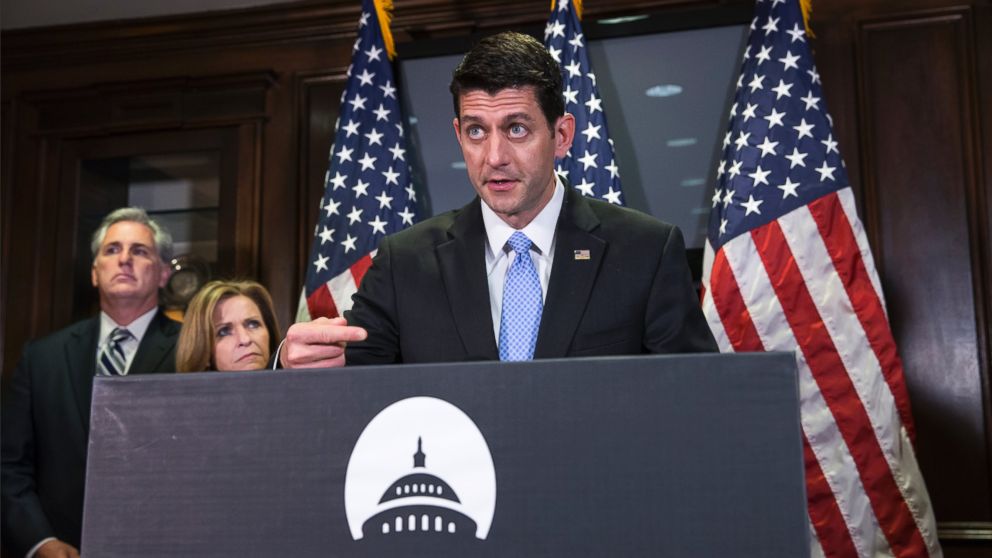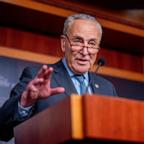Paul Ryan, Republicans, and the Art of the Non-Endorsement Endorsement
Supporting or voting for Donald Trump doesn't equal an endorsement.

— -- House Speaker Paul Ryan today addressed rumors that he would soon be endorsing presumptive presidential nominee Donald Trump.
“I haven't made a decision,” Ryan said during a meeting with reporters on Capitol Hill, referring to the much-speculated-about endorsement. And as for when a possible announcement might come, Ryan said he has “no timeline in mind."
These are the kind of lukewarm responses and slippery semantics that Ryan and many of his congressional colleagues have employed as they try to balance their roles as conservative leaders with the expectation that most, if not all of them, will soon formally endorse Trump. Since Trump’s victory in Indiana effectively ended the campaigns of Texas Sen. Ted Cruz and Ohio Gov. John Kasich, Republicans on the Hill and those seeking re-election out on the trail have become masters of the non-endorsement endorsement.
A few use the phrase “if he is the nominee.” Others, like Ryan, have said they “plan” or “hope” to support Trump. Either way, some Republicans in Congress are using rhetorical gymnastics to bend their words around a Trump endorsement.
Last Tuesday, New Hampshire Sen. Kelly Ayotte, who faces a tight race against Democratic Gov. Maggie Hassan, who is mounting a challenge for Ayotte's seat, took pains to avoid using the word “endorse” when asked about Trump.
“I plan to vote for our nominee, but I’m not going to be endorsing. When I endorse a candidate, I’m campaigning,” Ayotte told New Hampshire Public Radio. Hassan pounced on the distinction, in press releases calling her word play a “mockery” and “nonsensical.”
And last Wednesday, Rep. Cathy McMorris Rogers, the highest-ranking Republican woman in the House of Representatives, quietly posted, “Why I Voted for Donald Trump” to her campaign Facebook page.
In her eleven-paragraph explanation for why she cast a ballot for Trump, not once did she use the word “endorse.” In fact, she did not explicitly say that she “supports” Trump.
The “E” word, “endorse,” carries the heavy burden of supporting the candidate and their policies -- and sometimes defending both. For incumbents up for re-election, placing a stamp of approval on the presumptive nominee is a risk they’re not willing to take.
Consider the Republican seat in Wisconsin held by Sen. Ron Johnson. Johnson previously said that he plans to stump for Trump, but then re-characterized his words, according to Talking Points Memo. During an appearance on Wisconsin’s “The Daily Show with Mike Daly,” he tried to clear up his perceived endorsement of Trump.
"Let me tell you precisely what I’ve said. I intend to support the Republican nominee. That’s what I’ve said. I intend to support the Republican nominee," Johnson said. “To me, support versus endorse are two totally different things."
Illinois Sen. Mark Kirk said he would support Trump, but with a qualifier -- "if Trump is the nominee.” Now Trump is the presumptive nominee, and Kirk’s campaign has yet to cozy up to the real estate mogul.
Sen. John McCain, who is facing a tougher-than-expected re-election fight in Arizona, has responded to questions about supporting Trump by referencing his stance from last fall -- "I've said all along I would support the nominee” –- but declined to go further.
ABC News' Mary Bruce contributed to this report.




